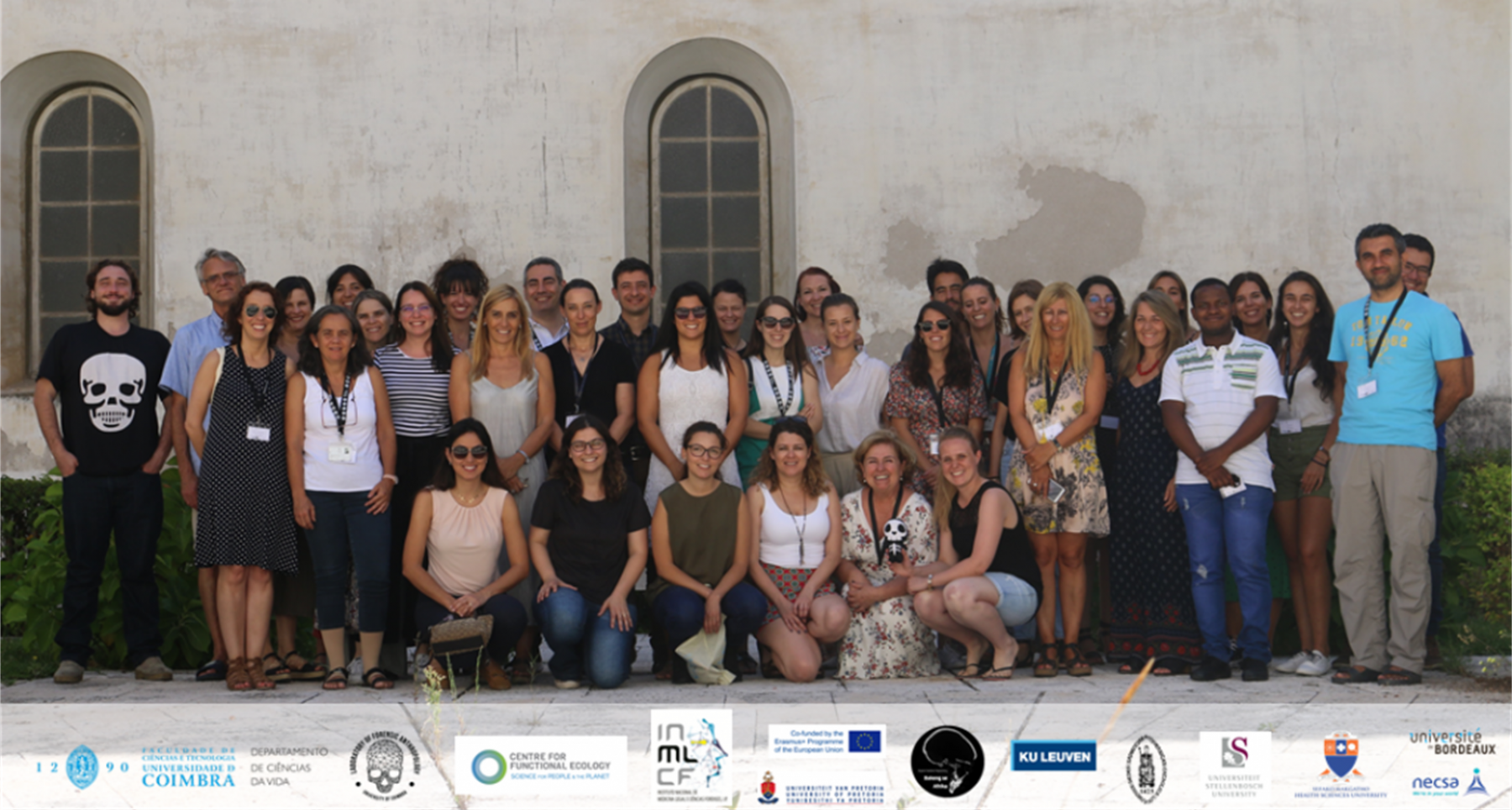University of Coimbra scientists participate in project to create a digital skeletal repository
The team developed a practical guide to simplify the collection of 3D data from bone specimens for teaching and research
English version: Diana Taborda
A research team from the Laboratory of Forensic Anthropology of the Faculty of Sciences and Technology of the University of Coimbra (FCTUC) participated in the international project Bakeng se Afrika, with the main goal of creating a digital repository of human bone remains.
The project (concluded now) was funded by the European Union's Erasmus+ Programme. It kicked off in 2019 and brought together six higher education institutions (University of Pretoria, Sefako Makgatho University of Health Sciences; Stellenbosch University, University of Coimbra, University of Bordeaux, Katholieke Universiteit Leuven, and the South African Nuclear Energy Corporation (Necsa).
Maria Teresa Ferreira, FCTUC researcher and professor, explains that Bakeng se Afrika was "driven by the growing need for online tools in the areas of health and life sciences. The project aimed to establish a digital repository of identified South African osteological collections, to create standard operating procedures (SOPs) for scanning of bones and for storage and analyses of digital data as well as regulations regarding the ethical use of digital scans of human remains ".
In the scope of the project, the FCTUC Laboratory of Forensic Anthropology has developed a practical guide to simplify the collection of 3D data from bone specimens for teaching and research. This practical guide, says the researcher, will allow "a faster learning curve for handling the equipment available in our lab, as well as facilitate the implementation of these techniques by researchers and students who are carrying out work with human bones".

